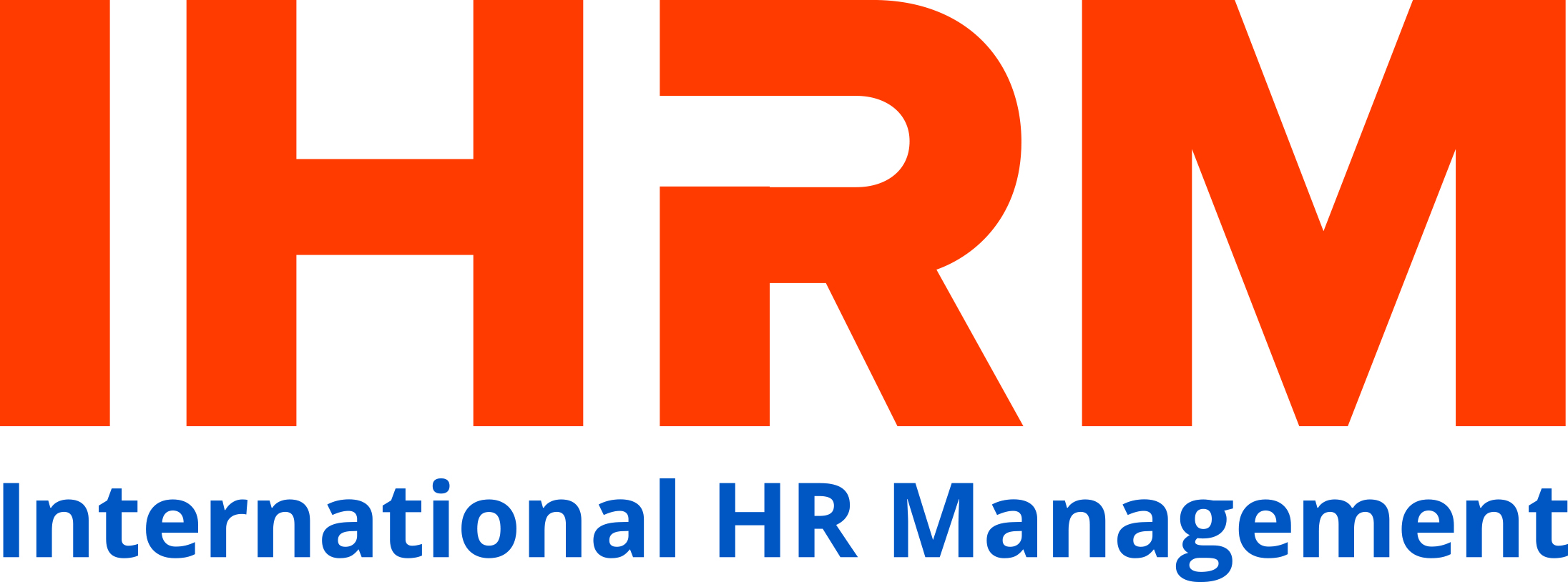THE RISE OF PERSONALISATION IN CORPORATE HEALTHCARE
Personalisation in corporate healthcare can help to nip problems in the bud and provide a holistic sense of care and well-being.
Our existing healthcare systems are taking on a preventive model of response. As it becomes more expensive to address health issues post-diagnosis, private individuals and companies are now seeking solutions to health problems before they occur.
Additionally, losing good workers to preventable complications can affect productivity and work quality.
Instead of reacting to health problems when they appear, personalisation in corporate healthcare can help to nip the problem in the bud and provide a holistic sense of care and well-being.
Our existing healthcare systems are taking on a preventive model of response. As it becomes more expensive to address health issues post-diagnosis, private individuals and companies are now seeking solutions to health problems before they occur.
Additionally, losing good workers to preventable complications can affect productivity and work quality.
Instead of reacting to health problems when they appear, personalisation in corporate healthcare can help to nip the problem in the bud and provide a holistic sense of care and well-being.

Through personalisation, companies can also encourage individuals to play an active role in their health management. Besides having a workplace that promotes healthier choices, employees can choose to implement technology – like using wearable trackers – to avail data that can help workers make healthier lifestyle choices. This results in a win for both individuals and their employers over the long run.
Companies share the responsibility of maintaining a healthy, productive workforce, with the end goal of eliminating preventable issues that can impact productivity.
The advantages of personalised health benefits…
Corporate wellness and personalised corporate healthcare are not new concepts. However, the emergence of newer end-user technologies, a better awareness of our general health, and the increased ease of access to these services allow companies to implement innovative approaches in existing healthcare models.
Unfortunately, some firms might perceive the effort as operationally disruptive or, financially unnecessary.
The pros outweigh the cons. Updating the company’s healthcare model requires making informed choices. As a result, the company becomes more appealing and can attract and retain better talent.
Our current corporate landscape already offers competitive salaries and benefits and jobs with flexible roles and responsibilities (for better or worse).
Globalisation also increasingly blurs the line between home and work life. Having a personalised healthcare approach offers solutions that integrate the employee’s well-being into their compensation.
If applied well, personalised healthcare benefits respect the employee’s corporate and personal responsibilities and needs, encouraging talent to stay for the long term.
Providing personalised healthcare to the staff also positions the firm as an invested partner that thinks and plans with the long term in mind. Having a plan that cares for the workforce’s well-being bodes well for the firm’s stability and growth.
… Versus the disadvantages
On the flipside, the collection of vast amounts of data raises several issues. How will the data be stored and used?
With their deep experience in areas of data protection, insurance partners should be reaching out to help companies understand and manage the protection health data of employees, while devising detailed personalised plans for them.
Employees may also perceive personalised healthcare differently – some may feel that a neighbouring department receives ‘better’ benefits simply because it’s not identical to theirs.
Employers should actively communicate that these differences are based on the employees’ respective roles and varied needs, while employers can receive feedback to understand where their existing benefits miss the mark.

After learning the employees’ expectations and areas of concern, firms can offer a remodelled personalised healthcare programme that better addresses their needs.
There’s hardly a perfect solution for personalised healthcare but the demand for personalisation stems from the need to improve generic policies that underutilise existing tools and avenues of support.
Naturally, it is the collective responsibility of employers, employees, and their service providers to ensure that these upgraded policies are not “out of touch” with the workforce’s well-being.
SOURCE HRMASIA
|
Training Program
 Internationalize the human resource management capabilities of HR professionals in Vietnam Opening Date: September 19 , 2019 in HCMC
Opening Date: September 26, 2019 in Hanoi
|








